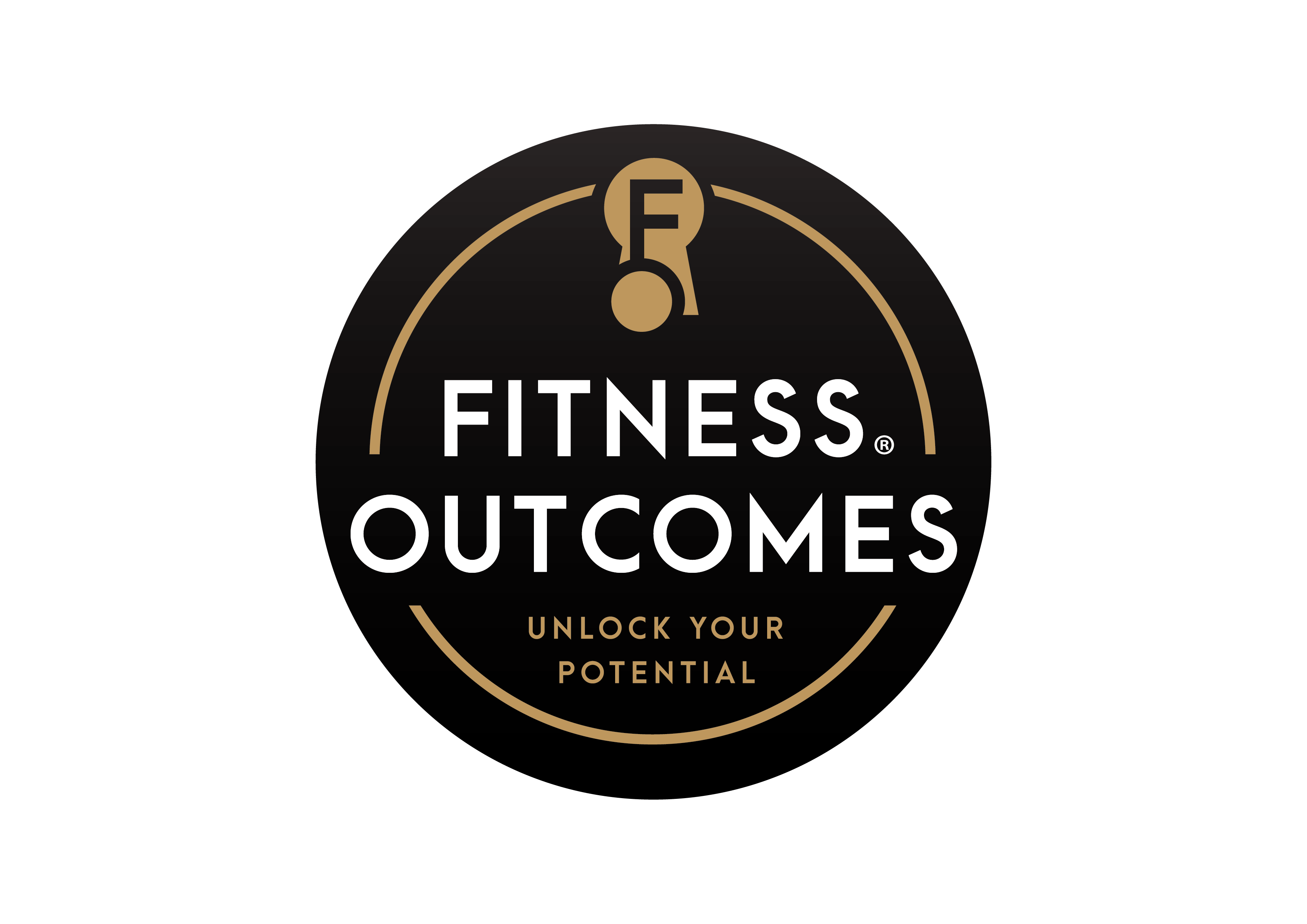
Is it calories in vs calories out? Or do macros matter more?
There seems to be a wealth of opinions on the internet on this subject. But you know what they say about opinions (they’re like buttholes, everyone has one, and most of the time they stink).
Let’s take a departure from the ‘broscience’ infected world of google answers, and look to our good friends in lab coats for the answers.
Choose your own adventure:
It’s late on a Wednesday night, you’re coming home from work, it’s been a long day. You ignored your late afternoon sweet cravings, well done! But now they’re back and with a vengeance. Sugary snacks are calling to you in the night, their hallowed voices floating out from every 7/11 you pass.
That’s it. You can’t take it anymore. You’ve got to get your mouth around a sweet treat of some description, and fast.
7/11, you open the door, a quick hello from the clerk but you’re on a mission, not time to talk.
Krispy Kreme Karl starts leering at you, enticing you: “take a bite, you know you want to”. Justine the choc fudge protein cookie is dancing provocatively, tempting you with her high calorie richness.
What do you do? Lower calorie, high carb / high calorie, low carb, high protein?
Make an educated decision
Before you decide, allow us to give you some clues.
One randomised clinical trial measured the body fat percentage loss of both men and women on diets of identical calorie deficit (~500), differing in macronutrient density. One group was put on a high carb diet, the other, a protein rich diet.
Results:
Protein was overall more effective in reducing percentage body fat. The protein group lost around 14.3%, whilst the carb-o group shed an average of 9..3%.
That’s a significant difference.
TL;DR: On a diet of the exact same calorie deficit, those eating a protein dense diet lost significantly more weight than the carb heavy team.
Muscle retention
Another study found that a high protein diet prevented loss of lean body mass (aka the non blubby parts, aka muscle). Subjects were placed on either a standard protein diet or a high protein diet.
Results: weight loss between the groups did not differ significantly. However, significant differences were found in the loss of fat. Protein eaters lost more of the bad stuff (fat) and less of the good stuff (muscle).
The effect of protein on muscle retention during periods of weight loss is particularly heightened when combined with regular exercise.
Protein is the clear winner in terms of fat loss, and lean mass retention.
The kind of protein consumed also seems to make a difference. Sources with higher levels of amino acids elicit better results, these tend to be animal sources.
It can be hard to measure your macros daily to make sure you’re getting enough of the good stuff.
Here are a few staple foods that are high in protein, use it as a guide when you’re planning your next meal (the recommended daily intake is about 0.8 grams of protein per kilogram of body weight).
Chicken breast: 100g
31g protein
One large egg
6g protein
2 tablespoons peanut butter
8g protein
One cup of whole fat milk
8g protein
Spinach 200g
6g protein
Lean ground beef, 100g
26g protein
One cup lentils, boiled
18g protein
Black beans 100g
21g protein
One cup chickpeas, boiled
15g protein
Cooked Tuna, 100g
30g protein
But I’m busy, I can’t count macros before every meal I make?
I hear you.
Unless you adopt an American-Psycho-esque level of attention to detail to your most minutia daily activities, counting macros and meal prep is hard to get right, and hard to find the time to do.
You can also opt for ready made meals, with reliable macronutrient and calorie information. Look for brands that use the FoodWorks program, a regulatory body that ensures nutritional information is accurate and compliant with Australian/ NZ food standards.
Fitness Outcomes is doing some great work in the ready made food space. Meals are high protein and low carb, and actually taste darn good.
